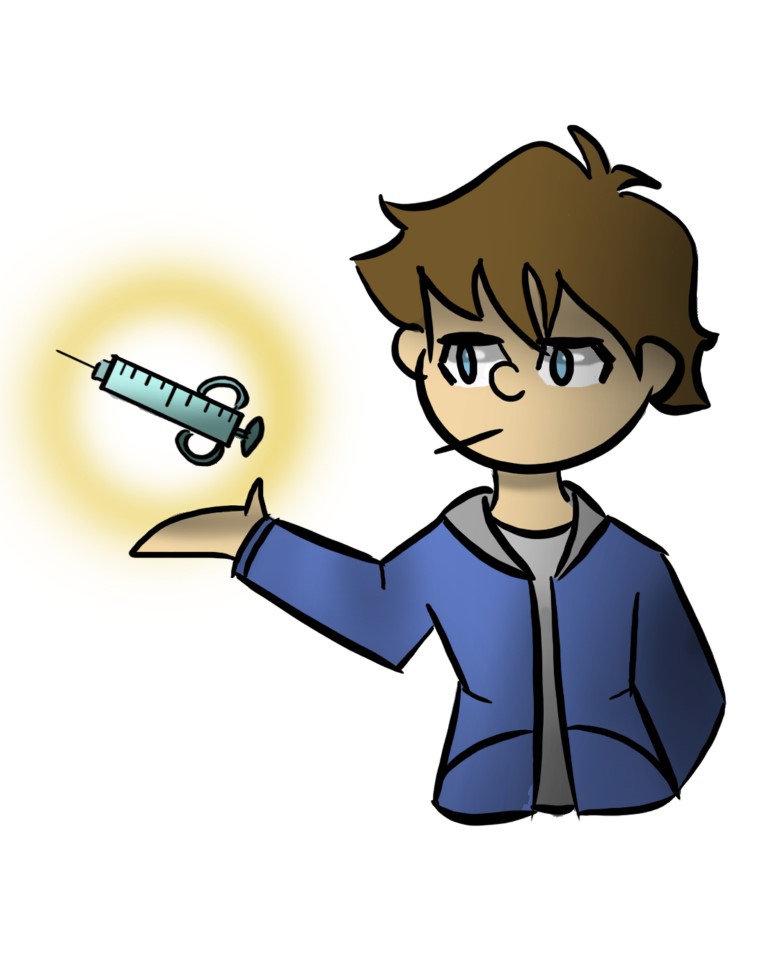We need to prepare for the worst in Canadian politics
By Greg Waldock, Staff Writer
The jolt to the American political system after Trump’s win can’t be understated. The effects will be studied in political science journals for decades.
It demonstrates the biggest defining feature of western democracy: People in rural and urban communities vote differently. Big city people trend left; small town people trend right. This seems obvious, but until a few weeks ago, people weren’t questioning why this divide exists, if it still has a purpose in a modern democracy, and how we on the left can build bridges across it.
It’s big here in Canada, too. It’ll be impossible to avoid next election. If we want to keep our own political system safe from the hateful rhetoric of American presidential campaigns, we need to look at why Trump became as popular as he did.
People on both sides are missing out on the fact that small towns and large cities are completely different environments with completely different needs. Why would a farmer in central Saskatchewan care about obscure environmental regulation when he could lose his house because of falling crop prices? Why would a banker in downtown Vancouver care about interprovincial highway maintenance when she can’t afford the cost of living?
But those are just the easy dilemmas, the economic stuff. The truth is harder: Rural and urban social beliefs are pretty much incompatible the way they are. Gay marriage, transgender rights, and racial inequality issues are at the forefront of all left-leaning political discussion, and the opposition of those are major talking points in the right. We can’t appeal to a farmer on the grounds of subsidizing food prices if his views on gay marriage are completely counteractive to the left’s.
We can barely discuss getting rural votes without it devolving into a very legitimate and important argument about social politics. But is it something that can be avoided? The beliefs of that farmer can be incredibly damaging to gay people, feeding the homophobia prevalent around small towns. But without the vote of that small town farmer, more and more constituents could flip in the oncoming alt-right storm.
We can convince traditionally right-wing people to vote Liberal or NDP in Canada if we appeal to the economy. It helped win the Liberals a majority this past Canadian election. But that may be only a temporary fix. The rise of Trump’s uncomfortably effective and insane style of aggressive politics will leak over here eventually. How can we attract rural voters to our side, without compromising the social beliefs that focus on minorities and the underprivileged?
If we just focus on economically attracting voters, we lose out on discussion. But engaging in that discussion can, as we saw in the States, chase them farther right. I don’t think there’s an easy answer here, if there is an answer at all. Whatever the American left did this year didn’t work, so we’ll need our own solution. We only have a few years left to figure it out.
